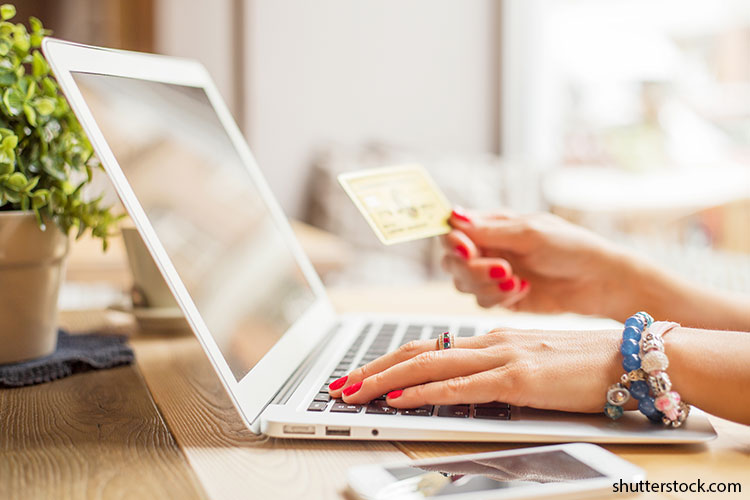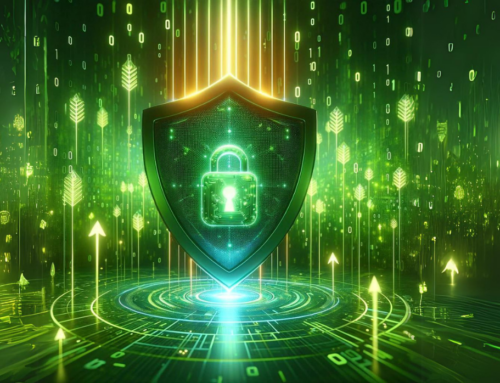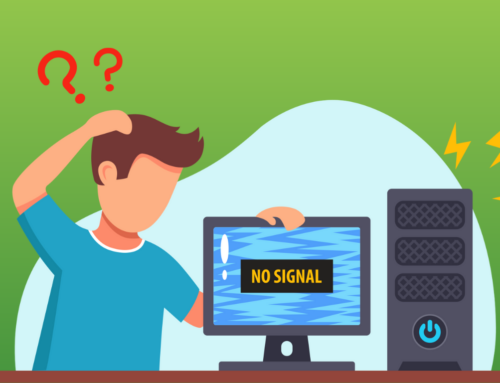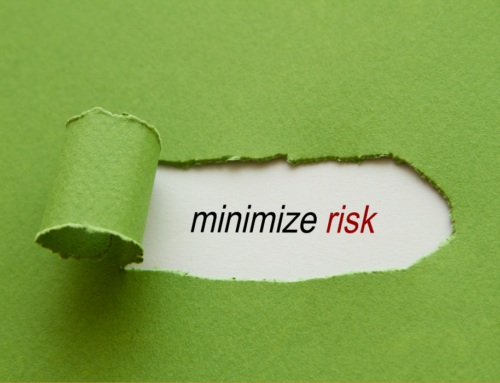Tis the season for shopping. Am I right or am I right?
For the next month, mountains and mountains of people will be stressing, fighting, yelling, and jumping over crowds of people to get that one present for that one person. But for all those people who are smart and do things the easy way, they’ll be shopping online.
However, just as there can be a data breach for in-store credit card readers, there can be a breach online. With the right hack or piece of malware, people from across the world can swipe your credit card information and drain your bank account. So to make sure you aren’t caught off guard and your financials stay safe and secure this holiday season, here are a few simple tips for you to keep in mind.
Use credit cards.
It’s considered a best practice to use credit cards instead of debit cards when you shop online. With credit cards, you usually have a longer period of time to report any suspicious activity to your credit card company. Plus, it’s better to have your credit card maxed out than to have your bank account drained.
Only shop when there’s a lock.
When shopping online, always look to the address bar to ensure a lock icon is present. This icon implies that your data will by encrypted and secure while in transit – which means a 3rd party won’t understand what your data means if they snatch it up.
Stay away from rare sites.
Avoid shopping on sites that you aren’t completely familiar with. Stick to the large sites like Amazon, Target, Etsy, and Wayfair. If you’re trying to locate a rare item on some random website, it might not be worth the risk. But if you absolutely have no choice, then make sure you’re taking the proper steps to protect yourself – for example, by using a self-destructing credit card.
Don’t use public Wi-Fi.
Cyber criminals can create fake Wi-Fi hotspots, and if you connect to their hotspot, a variety of things can happen. They can monitor everywhere you go and everything you type, or they can infect your device with malware. This doesn’t mean you should never connect to public Wi-Fi. It simply means you shouldn’t access private information while on-the-go – which includes shopping.
Only use trusted devices.
If you’re going to shop online, use your devices to do it. Don’t shop on a public computer and don’t use a friend’s phone to make a quick purchase. Save your purchases for your own devices and your own Wi-Fi. You might trust this person, but you never know where your friend’s device might end up – forgotten in a shopping cart or in the hands of a thief.
Monitor your bank statements.
If someone does grab your financial information, the sooner you report this to the right people, the better off you’ll be. This being said, you must monitor your statements carefully. Review and account for every charge. A criminal might start off with small charges to see if you’ll notice what’s going on. If you don’t, then they’ll hit you with increments of larger charges until you do notice. And after a certain period of time, some of those charges might not be disputable.






